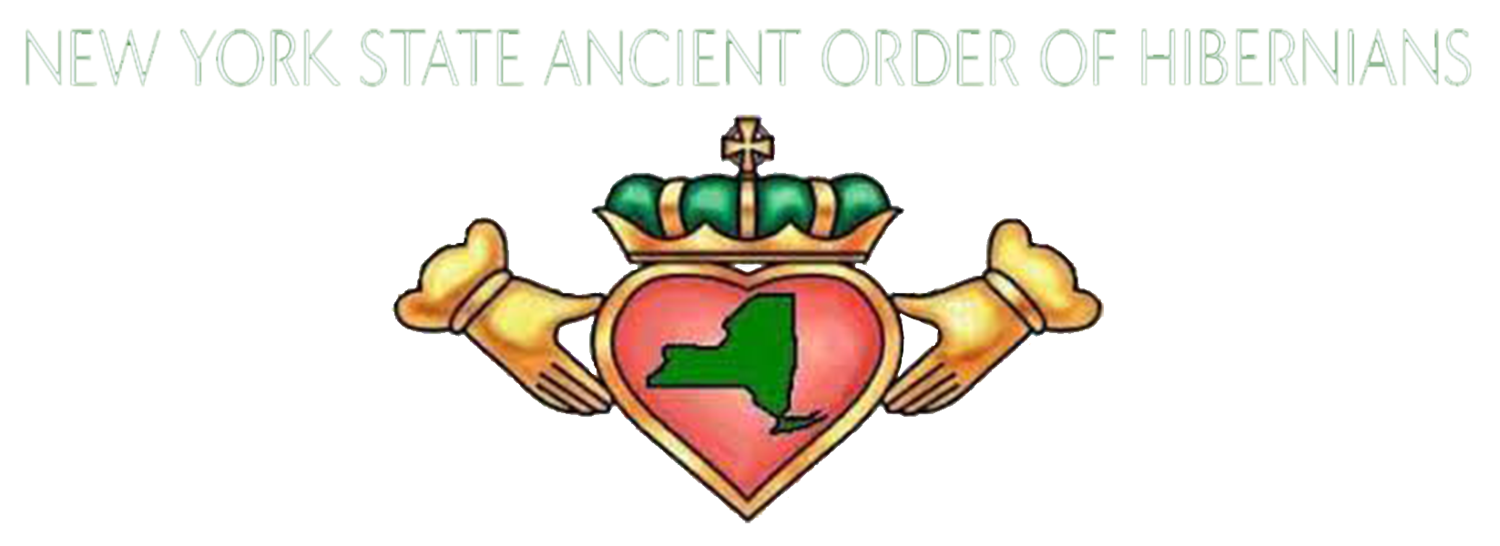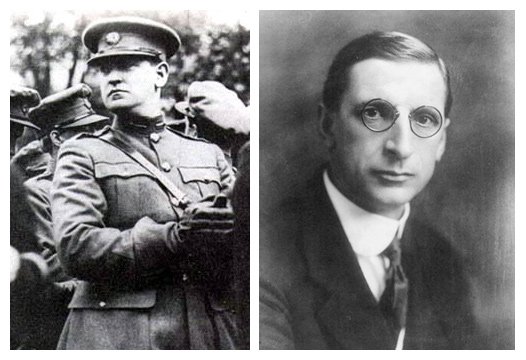The Irish Civil War
On May 24, 1923, 99 years ago, a ceasefire order was issued to IRA volunteers which ended the Irish Civil War. More than 1,500 Irish people were killed in the Civil War, three times those killed in the War of Independence.
The Civil War was a result of the Anglo-Irish Treaty which ended the 1919–1921 Irish War of Independence between the Irish Republic and the United Kingdom. Most of those who fought on both sides in the conflict had been members of the IRA during the War of Independence.
The treaty provided for a self-governing Irish state, having its own army and police. The Treaty also allowed Northern Ireland to opt out of the new state and return to the United Kingdom. The Irish Free State would be an autonomous dominion of the British Empire with the British monarch as head of state, in the same manner as Canada and Australia. The treaty also stipulated that members of the new Irish Oireachtas (parliament) would have to take the following Oath of Allegiance:
“I ... do solemnly swear true faith and allegiance to the Constitution of the Irish Free State as by law established, and that I will be faithful to His Majesty King George V, his heirs and successors by law in virtue of the common citizenship of Ireland with Great Britain and her adherence to and membership of the group of nations forming the British Commonwealth of nations.”
In addition to the oath, other contentious areas of the Treaty for the IRA were the disestablishment of the Irish Republic declared in 1919, the abandonment of the First Dáil, the status of the Irish Free State as a dominion in the British Commonwealth and the British retention of the strategic treaty ports on Ireland's south western and north western coasts which were to remain occupied by the Royal Navy. All these issues were the cause of a split in the IRA and ultimately civil war.
Michael Collins was the leader of Free State forces in the Civil War. He argued that the Anglo-Irish Treaty gave "not the ultimate freedom that all nations aspire and develop, but the freedom to achieve freedom."
The anti-treaty Sinn Féin faction was led by Éamon de Valera. Sinn Féin rejected the treaty and said it would never deliver full Irish independence.
The Civil War began in earnest on June 26, 1922 when the anti-treaty forces occupied the Four Courts in Dublin. Collins accepted a British offer of two 18-pounder field artillery and 200 shells and used them to bomb the building. Anti-treaty forces possessed only small arms and surrendered after three days of bombardment and the storming of the building by Provisional Government troops. Shortly before the surrender a massive explosion destroyed the western wing of the complex, including the Irish Public Record Office injuring many Free State soldiers and destroying the records.
After the surrender Free State forces remained in control of Dublin as well as holding Cork, Limerick, Waterford, and the port of Tralee. The Anti-Treaty faction was reduced to guerrilla warfare.
This final phase of the Civil War saw a series of atrocities that left a legacy of bitterness in Irish politics. The Free State officially executed 81 Anti-Treaty prisoners but estimates of unauthorized executions has been put as high as 153. The IRA retaliated by burning the homes of Free State Senators and assassinating a member of the Dáil. In August 1922, Anti-Treaty forces ambushed Michael Collins as he was making a field inspection in West Cork. In 1966 De Valera declared, "It is my considered opinion that, in the fullness of time, history will record the greatness of Michael Collins; and it will be recorded at my expense.”
The conflict left a bitter legacy which continues to influence Irish politics to this day. The two largest political parties in the republic through most of its history were Fianna Fáil and Fine Gael, the descendants respectively of the anti-treaty and pro-treaty forces of 1922. Until the 1970s, almost all of Ireland's prominent politicians were veterans of the Civil War, a fact which poisoned the relationship between Ireland's two biggest parties.


